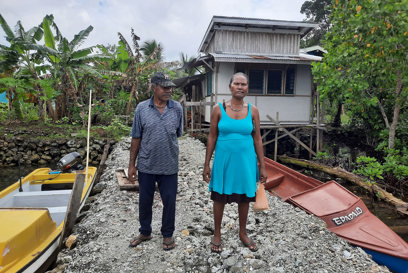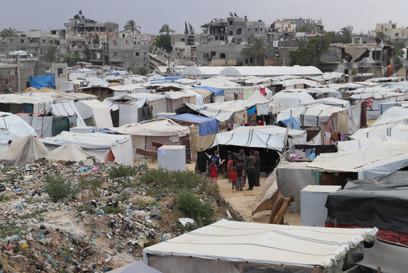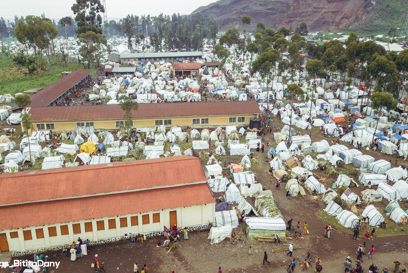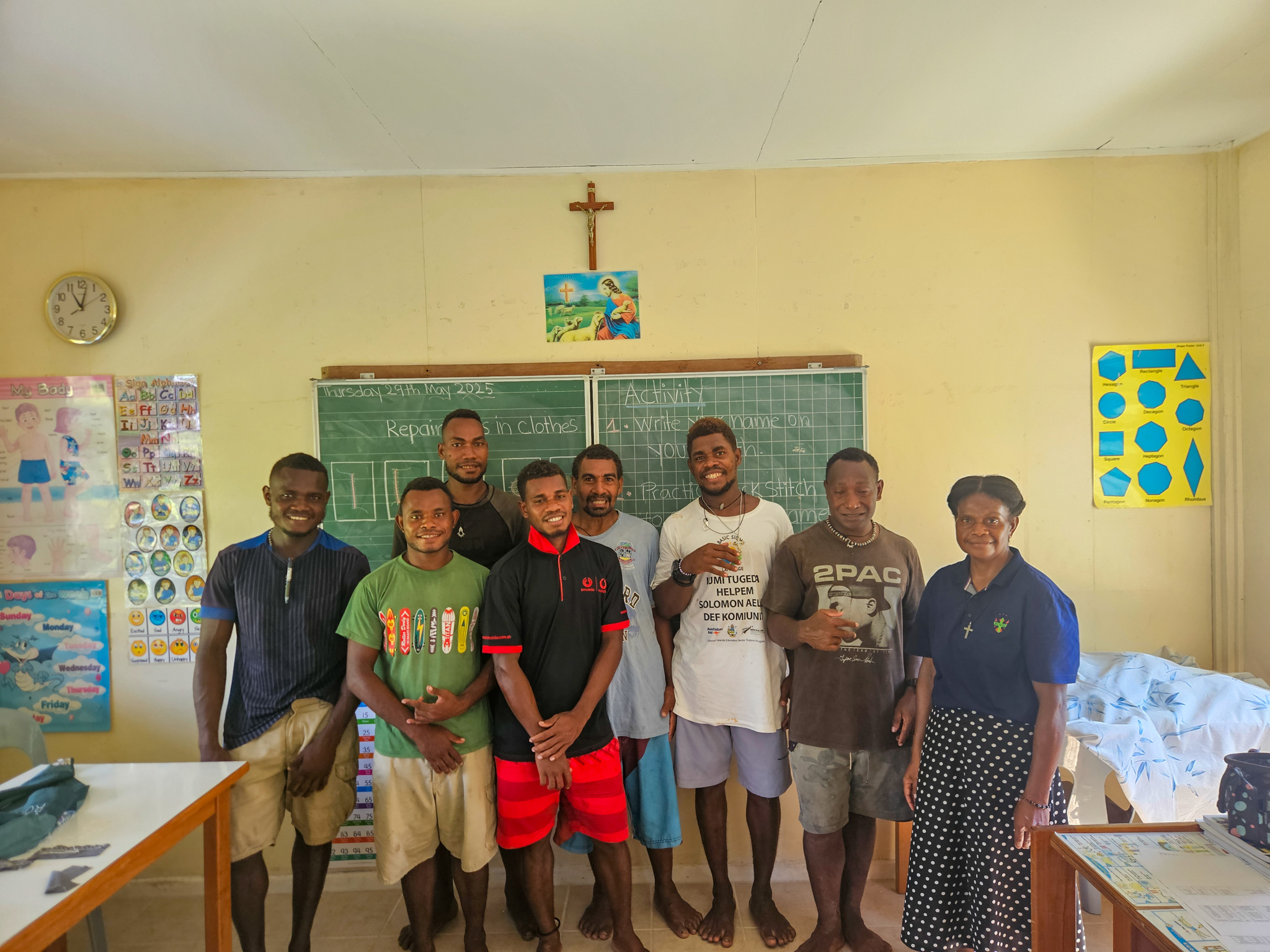Remote communities in Papua New Guinea have been devastated by a catastrophic landslide that struck the Enga province on 24 May at approximately 3 am. This meant that most people were sleeping at the time of the disaster and had little time to run to safety.
Hundreds are feared dead, with the United Nations estimating that at least 670 people may have lost their lives, and this toll could reach the thousands. The total population of the entire affected ward is near 4,000 people. However, this number could be higher due to an increased number of displaced people living in the area.
The ongoing search and rescue operations are facing challenges due to the hazardous terrain and the continuous threat of landslides. The affected area remains highly unstable, which is slowing down search and rescue efforts.
Unfortunately, this is not the first fatal landslide to strike Papua New Guinea in 2024. At least 21 people died in three separate landslides across the country in mid-March, and an additional 14 people lost their lives in a separate incident in April.
Papua New Guinea is vulnerable to various natural disasters due to its geographical location, topography, and climate. The country's mountainous terrain and heavy rainfall patterns make it susceptible to landslides and mudslides, particularly in areas with deforestation and soil erosion.
The impacts of climate change, including rising temperatures, sea level rise, and altered precipitation patterns, further exacerbate the Pacific nation’s vulnerability to natural disasters. These changes can intensify the frequency and severity of extreme weather events.
Caritas Australia’s partners are currently on-the-ground in Papua New Guinea and are conducting a rapid needs assessment in the affected villages to determine the most urgent priorities. So far, the Wabag Diocese is responding by providing food to those directly affected by the disaster. They are also helping provide medical supplies at healthcare centres to all those who have been injured.
As rescue efforts continue, those who have lost their homes will urgently need food, clothing, medical assistance, blankets, household items, shelter and clean water in the weeks and months ahead.
Your generous donation today means our partners in Papua New Guinea can respond quickly to support vulnerable communities during this crisis.

















